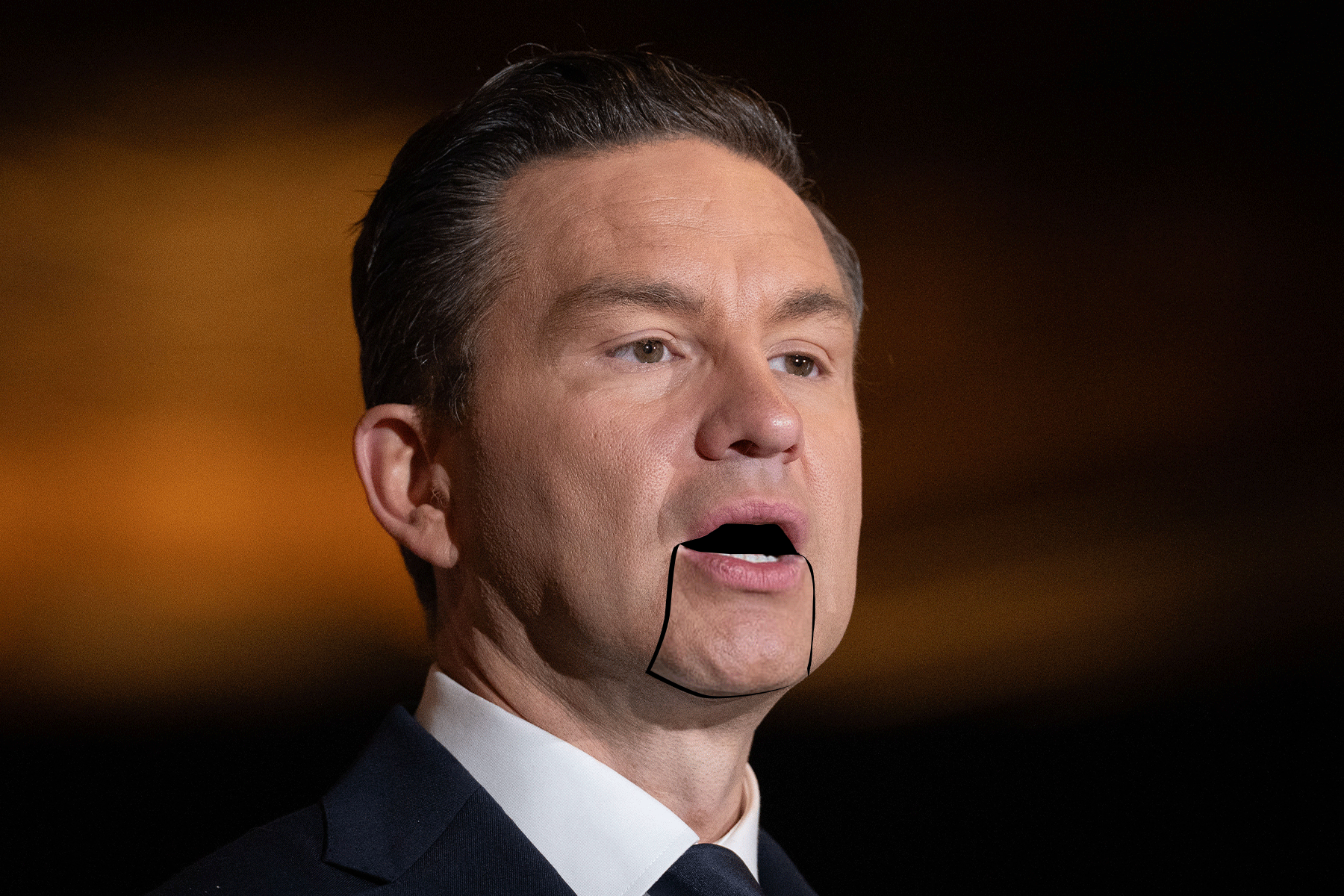
"In mid-July, Pierre Poilievre was apparently feeling very glum. Sources close to the Conservative leader told the CBC that he was deliberately reducing his public appearances. He was doing some self-reflection. One confidant described him as "deflated." The idea that Poilievre-a man whose tight T-shirt chest puffing had become a campaign trademark-was hiding out in a corner like an old party balloon was indeed quite the image to contemplate."
""We believe that Canadians deserve low taxes and bigger paycheques so that food and homes are not luxuries but, once again, the things that people can take for granted. You work hard for your money. It's time that your money started working hard for you," Poilievre told the crowd in signature style. Canadians "haven't given up, so I won't give up," he said. And that, "this fall, as Parliament returns, we will oppose out-of-control Liberal inflation, crime, immigration, cost of living, and housing prices.""
"The next day, Statistics Canada announced that inflation had once again fallen. The day after that, Poilievre posted on X to defend a nurse who had been accused of making anti-trans comments, tagging Harry Potter author and Grand Anti-Trans Wizard J.�K. Rowling in the process-a move reminiscent of Poilievre thirstily chasing Elon Musk in the halcyon days of the Tesla co-founder's alleged ketamine-fuelled brushfire campaigning for Donald Trump."
In mid-July Pierre Poilievre reduced public appearances and engaged in self-reflection, with confidants describing him as "deflated." After a brief lull he won a House seat in Battle River-Crowfoot and delivered a victory speech pledging low taxes, bigger paycheques, and opposition to Liberal inflation, crime, immigration, cost of living, and housing prices. Statistics Canada reported inflation had fallen the day after his speech. Poilievre then defended a nurse accused of anti-trans comments and tagged J.K. Rowling on X, reviving culture-war posture. The return combined populist economic promises with provocative social-media interventions.
Read at The Walrus
Unable to calculate read time
Collection
[
|
...
]